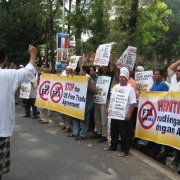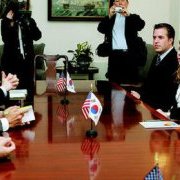Últimos artículos en español
El Parlamento Europeo aprueba la salida del Tratado de la Carta de la Energía |
La Plataforma saluda el contundente rechazo del pueblo ecuatoriano al arbitraje internacional |
Ecuador dijo “no” al arbitraje internacional: una decisión soberana con resonancia internacional en la pelea contra el mecanismo ISDS |






